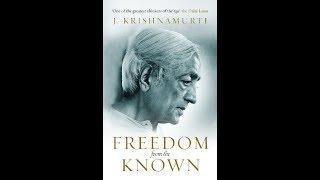This talk is about acting naturally and spontaneously without any effort or striving. This concept of effortless virtue aligns with the Taoist idea of wu wei, which means "non-doing" or "effortless action." It's about acting in accordance with the flow of Dao, without imposing one's will or striving for recognition. So, in essence, true virtue arises naturally when one is aligned with the Dao and acts without self-consciousness or artificiality.
Furthermore, the idea of virtue in Taoism is not just about moral goodness but also about a kind of power or effectiveness that comes from being in harmony with the natural order of things. It's about tapping into the inherent potency of the universe rather than relying solely on personal effort or willpower.
In summary, Taoist virtue is about embodying the natural flow of Dao, acting spontaneously and effortlessly, and tapping into the inherent power of the universe rather than striving for recognition or moral perfection.
The passage discusses the concept of Wu wei, which is central in Taoism, translating to "non-action" or "effortless action." It advocates living in harmony with the natural flow of things, without striving or forcing outcomes. It begins with a Chinese poem depicting someone entering nature without disturbance, symbolizing the virtue of being unobtrusive and effortless.
Moving on, it explores how great artists or craftsmen create without appearing to exert effort, producing works that seem natural and effortless. The Taoist way of life, described as Wu Wei or "Don't Force It," emphasizes going with the natural flow of life, akin to swimming with a current rather than against it.
An anecdote about master swordsmiths illustrates the principle of effortless mastery, where the superior sword effortlessly avoids cutting a piece of paper. The discussion extends to martial arts like Aikido, where the aim is to be unattackable by flowing with opponents' movements rather than resisting them.
Examples from singing and meditation highlight how forcing or straining leads to poor results, while letting go and allowing things to happen naturally leads to better outcomes. A story about Liatza, a Taoist sage, illustrates achieving lightness and freedom by letting go of control and allowing things to unfold naturally.
The passage emphasizes the importance of purposelessness in Taoism, where excessive striving can hinder progress. Finally, it discusses living in the present moment, where true awareness arises naturally without effort when one stops trying to force it. Overall, it illustrates the Taoist principle of Wu Wei, advocating for living in harmony with the natural flow of life and allowing things to unfold without excessive effort or striving.
- Category
- Alan Watts


